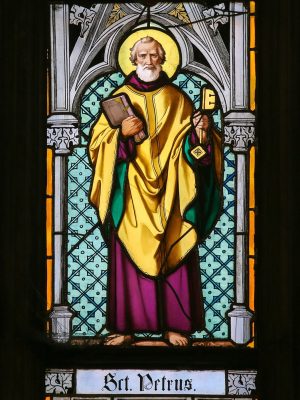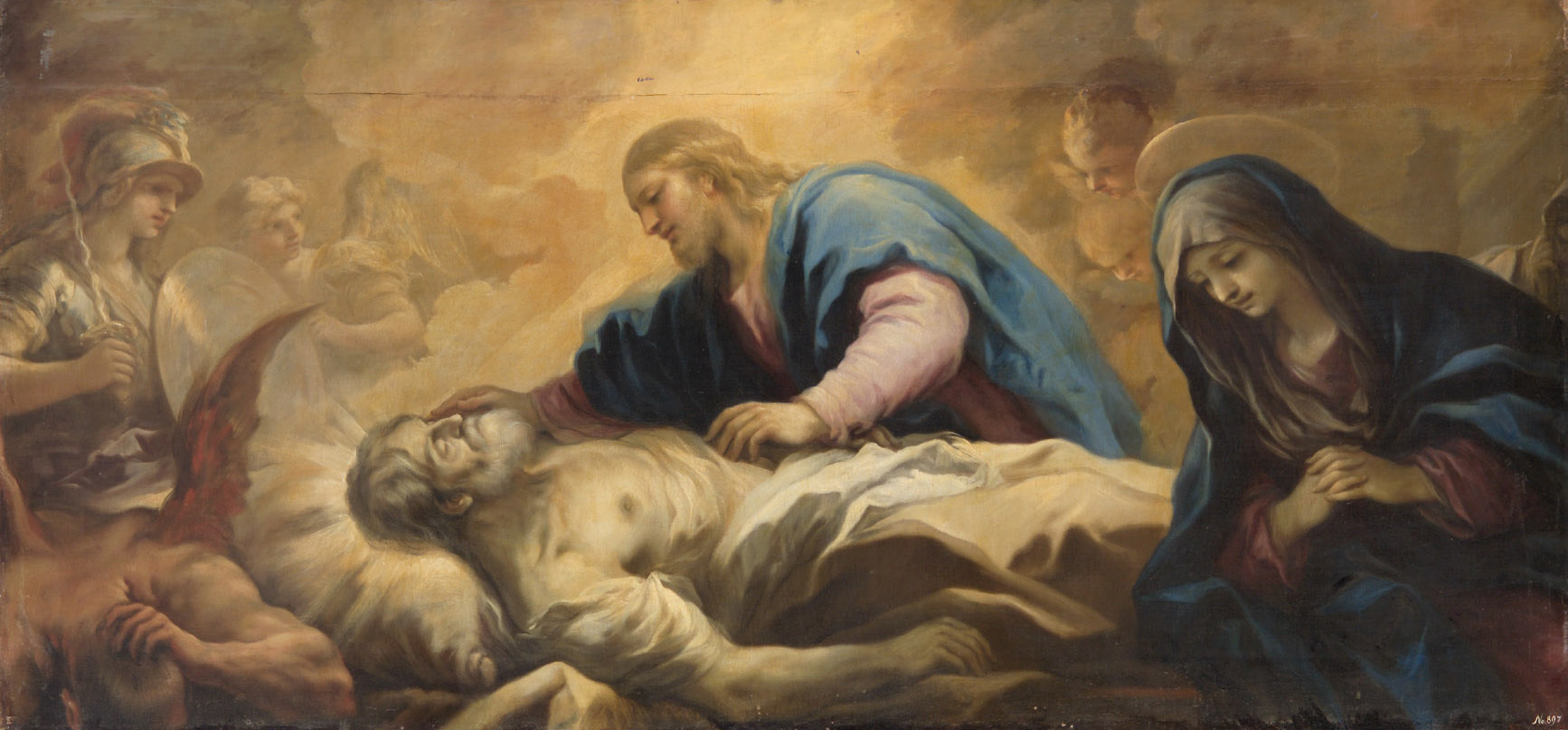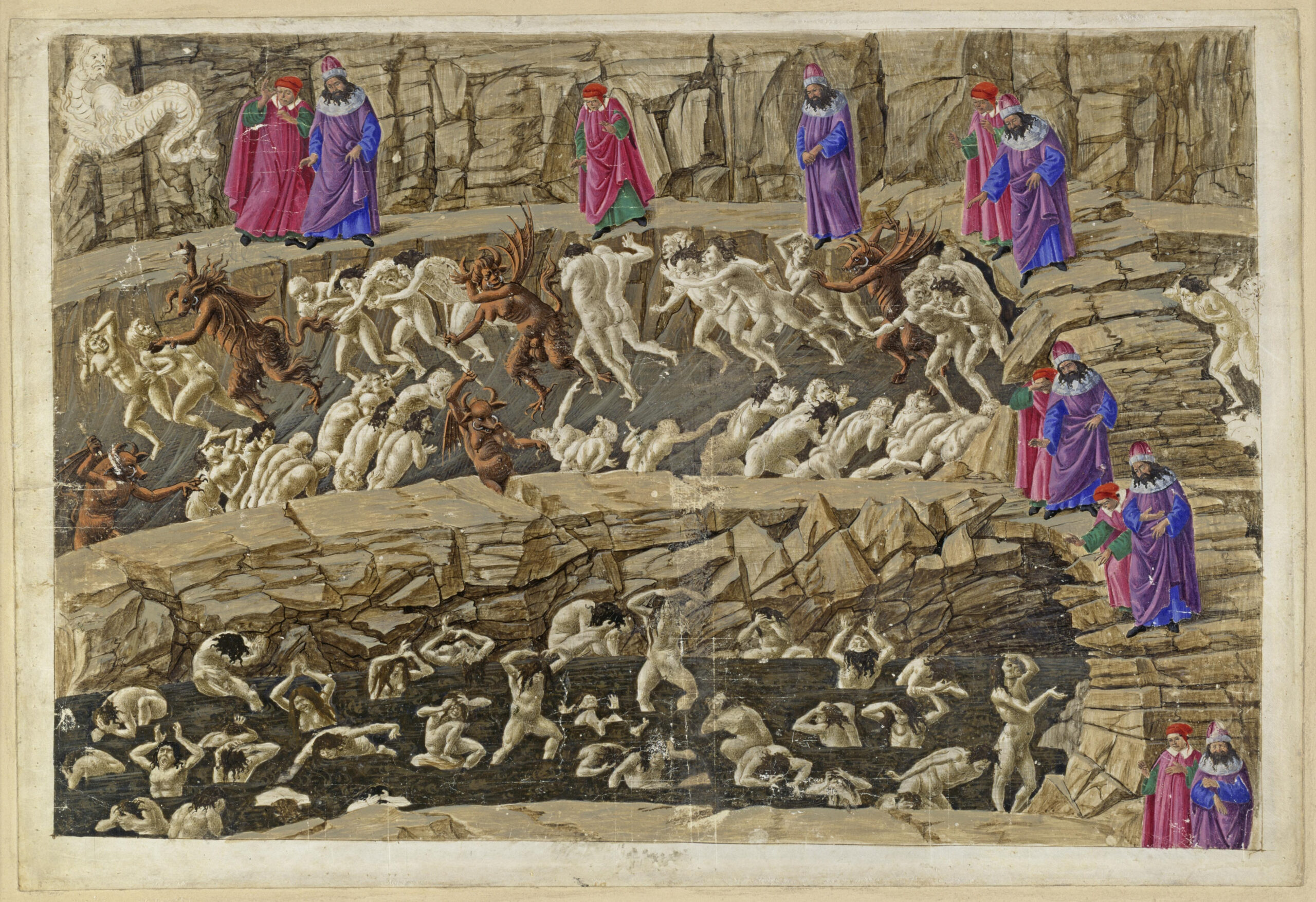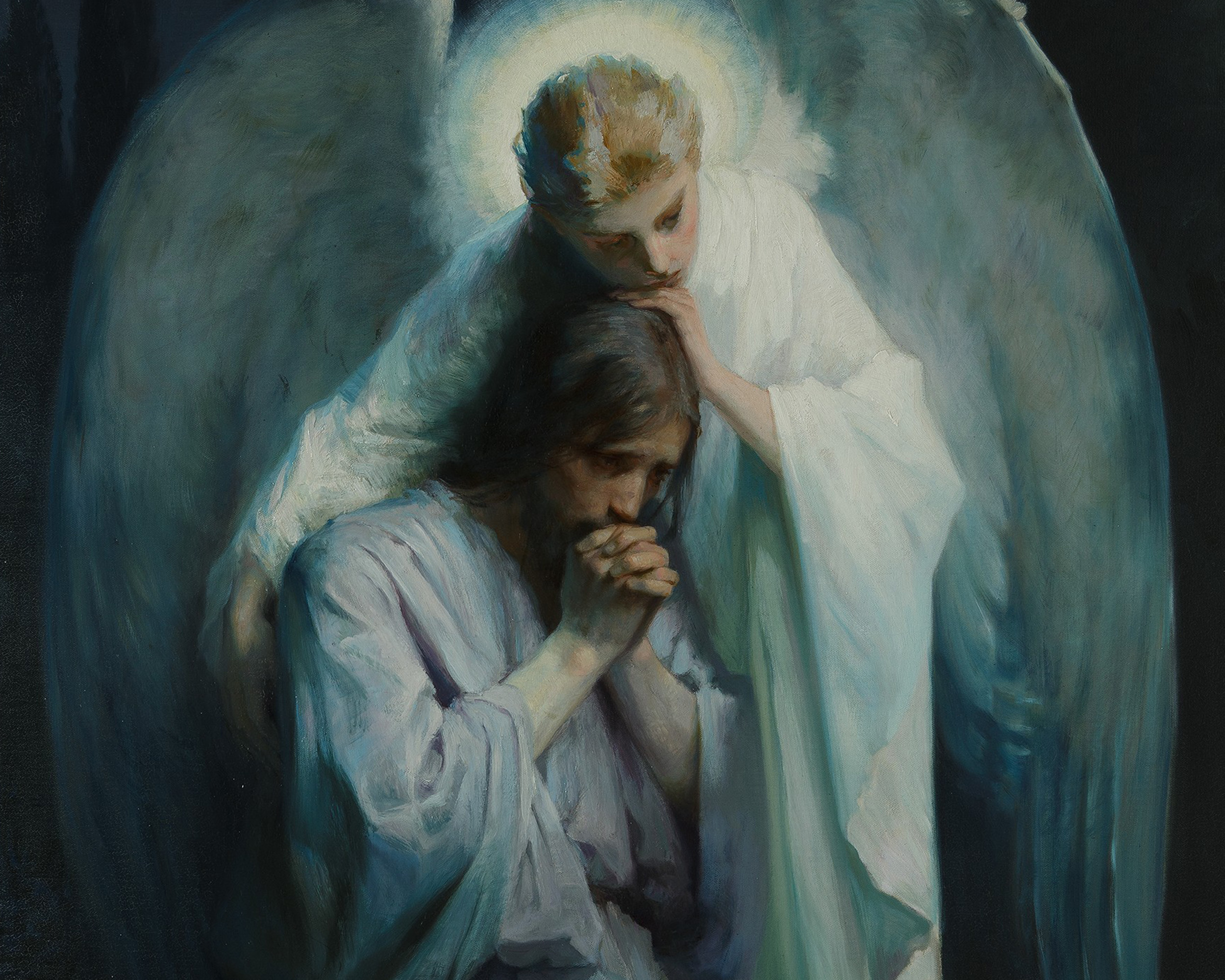“Don’t allow sadness to dwell in your soul, for sadness prevents the Holy Spirit from acting freely.”
—Padre Pio
In the present days of corruption in church and government, implosion of family life, progressive demoralization of schools and academic institutions, we honor spiritual heroes who live amidst us as mentors and exemplars.
These are the men and women of our day who, although living in a time of spiritual confusion and moral chaos, strive to be filled with the Holy Spirit, going against the current to live the eternal verities of the Catholic faith in a spirit of love and service.
These heroes can be our parents, pastors, teachers, nuns, educators, or neighbors. They can be old or young, relatives, friends, or near acquaintances. They lead by the example and holiness of their lives, as shining beacons in a dark world.
What is Spiritual Heroism?
Spiritual heroism is a type of mentorship and is as diverse in its manifestations as is ordinary saintliness. Canonized saints are supreme examples of spiritual heroes. Among the living, there are countless uncounted saints who have gone before us and are advanced in the spiritual life. Spiritual heroes lead us on the road to sainthood and give us courage.
Those who give witness to God through their daily living in the state of grace are spiritual heroes to be imitated and copied – successful laymen and women and children of all nations and backgrounds who against the evils of the age live their lives in unspectacular ways. Theirs is a joyful life, dedicating daily life with unfaltering steps in the footprints of Christ.
These heroes are often tried in a cauldron of difficulties and pains, an inferno of diabolic forces working against them. After struggles and resistance, suffering and defamation, they are brought to a deeper faith and a brighter vision through suffering. Meanwhile, the devil seeks to impose sadness on souls to overcome their hearts and inhibit their spiritual growth.
Emptiness and Sadness
It is precisely this sadness that can get in the way and prevent the movements and promptings of the Holy Spirit. For Christian souls suffering from these afflictions, it is best to forgive all transgressions and transgressors, to remain disposed to received the Sacraments, to frequent the sacrament of confession, and to pray to be liberated from any spirit of sadness that may hold back authentic progress in the spiritual life.
In the world today we live and dwell with the highest standard of living in the history of the world, and many are content to think that is all there is to human destiny: the accumulation of wealth or power, pleasures and luxuries. People naturally seek out security and progress no matter the cost in freedom of spirit.
Modern youth seek less work and more leisure. Many would prefer the government to do everything for them, providing from the cradle to the grave. The false cry for a political utopia seeks to wipe out the diversity of voices and political opinions which is the evidence of vitality, freedom, and life.
Through it all, the vanishing desire of man for the perishing delight is a sure recipe for sadness and despair. The concern for the instant need of things brings sorrow when lived in a spirit of indifference to God and the exultation of matter over spirit. Man does not have self-sufficiency from the Creator.
The Problems of Digital Man
Problems are not solved by political ideologies or slogans or faulty media shibboleths. Perhaps one of the great instigators of sadness today that souls striving to be spiritual heroes should be especially aware of is the delusion of technology: the futility of our doings revealed in the attitude of our youth who live to be entertained on their phones and screens.
In a mode of tragic spiritual lethargy, so many young people today find themselves trapped in a spirit of spiritual inertia, addicted to physical stimuli, to ardent digital play while seemingly unable to give normal expression and relate humanly to others. This is a recipe for sadness that inflicts a great many people of all ages, even some serious Catholics who should know better.
With this autonomous digital man, self-sufficient, all-powerful master of earth, self-satisfied and self-absorbed, there is only room for sadness. Man’s search for the transcendent can only be filled by God and holy things outside of himself. There is no new issue for man. It is the eternal issue of his fallen nature and the tragedy of the Garden of Eden.
The Quest for Happiness
The basic problem of man’s happiness is spiritual. Spiritual heroes lead by finding a permanent way of solving the riddle of life through life in Christ. This riddle devours us if we do not solve it. In the words of ancient philosophers, “Man, know thyself.” Spiritual heroes prove that man’s nature is spiritual, not physical. Life is not a matter of comforts and convenience or self-indulgence.
What is happiness? What is man? What is life? What is immortality? Eternity? What is man’s relation to God? All of these questions are answered by the Catholic Church. Only Catholics can say, “We have the truth.” The world is woefully inadequate. The teachings of the Church are translated into the living will of spiritual heroes who, with resolute passion, make reason and the will of God prevail. The Catholic is thus informed with this spiritual leaven.
All Catholics are called to grow up and live this spiritual vitality, not as mere beasts or brute animals, not puppets or manikins. Alone, man will never solve his own spiritual emptiness. We are lost in worlds without a spiritual awakening and awareness. Genuine spiritual semantics bring meaning and profound and lasting joy.
To meet adequately the international conspiracy of godlessness and the desperately human problem of sadness, one must recognize the problem as spiritual and religious. Spiritual heroes grasp this and give through their lifelong witness a clear vision of God and of man and of man’s relation to God.
Deep Faith and Self-Dedication in Christ
There needs to be a deep faith and self-dedication in every Catholic’s spiritual understanding. Nothing less will do. Few institutions are concerned with these things, save for the Catholic Church. It is precisely in the bosom of the Church that spiritual heroes are born, the first to stand up for Christ and walk with Him, sharing in His passion, death, and resurrection.
It has been said, “The more sin abounds, the more grace abounds.” The life of grace propels the spiritual hero, a sharing in the divine life of Christ. The valiant spiritual hero is betrothed to virtue and shares the message of Christ with others. Where the Holy Spirit leads and guides, the spiritual hero follows in willing obedience.
The spiritual hero’s secret lies in the making of all men “other Christs.” They are concerned with the making of all men according to the process described by St. Paul in the unity and knowledge of Christ, “Until we all meet into the unity of faith, and of the knowledge of the Son of God, unto a perfect man, unto the measure of the age of the fullness of Christ” (Eph. 4:13).








